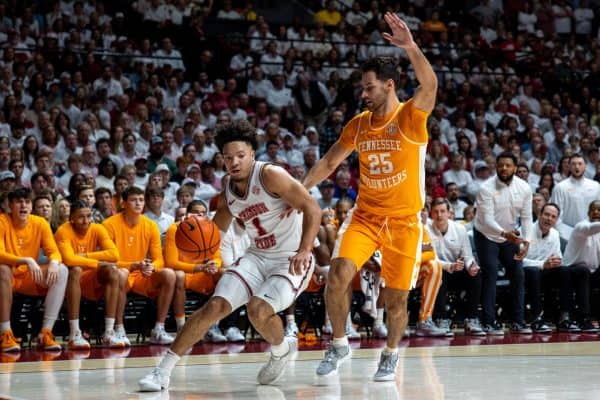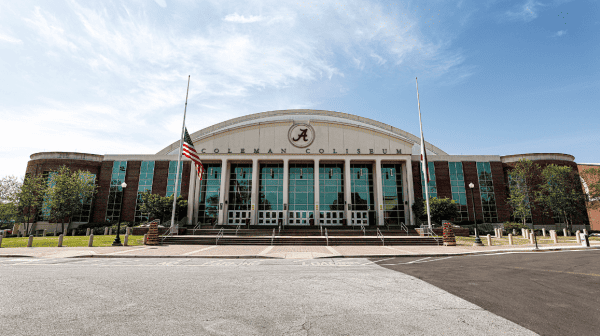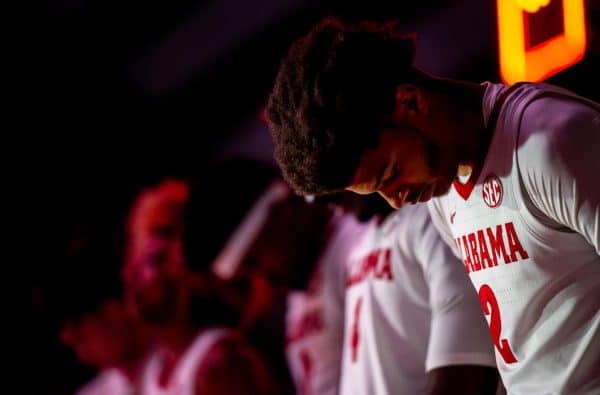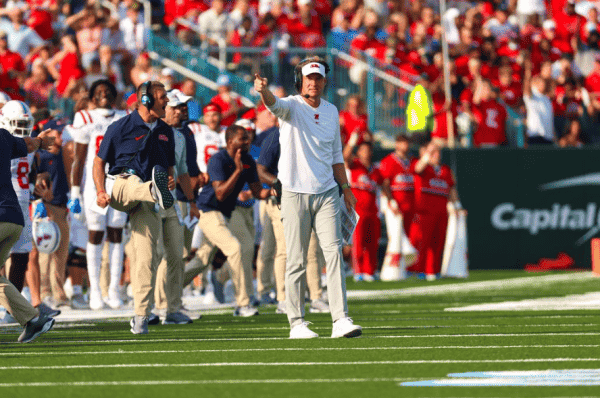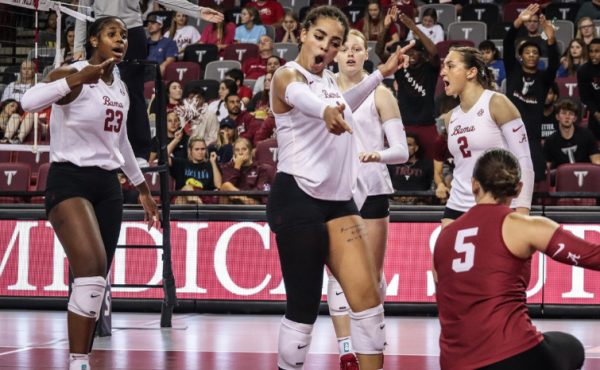Researchers warn against traffic fatalities during Fourth of July week
July 3, 2019
While emergency rooms may see their fair share of firework faux pas this week, researchers say Alabamians have other safety concerns to consider: car crashes.
For the past five years, the state of Alabama has seen a spike in traffic fatalities during the week of the Fourth of July, according to a data analysis by UA faculty.
In the unpublished analysis, UA researchers Rhonda Stricklin and David Brown looked at distributions of crash attributes such as fatigue, distracted driving, inebriation and speeding. The data, spanning from 2014 to 2018, comes from the Alabama Law Enforcement Agency’s database of all crashes throughout the state.
In Alabama last year, the total number of automobile crashes during the week of Independence Day was 2,105 – the highest it’s been in five years. But Brown said it’s the two days before the holiday and the two days after that are the most dangerous.
“Actually, the Fourth of July is probably one of the best days [to be on the road,]” said Brown, a research associate and founder of the University of Alabama Center for Advanced Public Safety, which formed in 2009.
Most crashes were caused by following too closely, misjudging stopping distances and improper lane changes. But while these behaviors were likely responsible for the massive spike in car crashes, they weren’t the leading cause of fatalities during the week.
“The major thing we found had to do with risk-taking people,” Brown said, noting that 90% of fatalities were caused by “driver deficiencies.”
A campaign by the National Highway Traffic Administration noted that Fourth of July crashes are a nationwide problem. According to the U.S. Department of Transportation, 601 people died in motor vehicle crashes from June 30 to July 5 in 2017.
From 2014 to 2018, 75 people in Alabama suffered fatal injuries from car crashes that occurred during the five days surrounding the holiday.
Brown said drivers who drink or do drugs before getting behind the wheel are typically prone to exhibiting other dangerous behaviors on the road, such as speeding or not wearing a seatbelt. The report found that 65% of people killed in car crashes weren’t wearing or were improperly wearing a seatbelt.
Brown and Stricklin said that a simple change would decrease their odds exponentially: buckle up. The analysis found that, of those who weren’t wearing seatbelts during crashes, their chances of escaping death would be close to 100% if they chose to strap in.
“It can’t prevent a crash, but it can prevent a crash from being a fatal crash,” said Stricklin, the associate director at CAPS. “‘Drive Sober or Get Pulled Over’ is the big campaign, but it’s more than just getting pulled over. You really want to drive sober because that’s the safe thing to do, whether you get caught at it or not.”
For Alabama drivers spending this holiday on the road, Stricklin has a three tips to stay safe:
- Don’t drink and drive, and don’t ride with someone who is.
- Slow down and keep your phone still.
- Wear your seatbelt.



